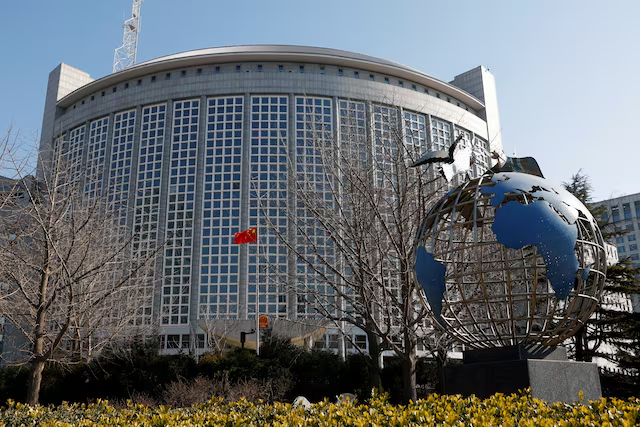Markets were given a boost on Friday by the prospect of de-escalation in trade tensions between Beijing and Washington, lifting global stocks and improving risk sentiment. The positive mood was driven by China’s Commerce Ministry’s statement that it was “evaluating” an offer from the U.S. to hold talks regarding President Donald Trump’s 145% tariffs. Beijing also indicated that it was open to discussions, but stressed that Washington needed to show “sincerity” and be prepared to cancel its unilateral tariffs. The news of potential trade talks helped alleviate some of the investor concerns over the tariffs that have been weighing heavily on global markets and fueling fears of an economic slowdown. Economic data from both the U.S. and China has begun showing signs of weakness, further adding to the uncertainty.
Futures for the S&P 500 and Nasdaq surged on the news, while European stock markets were poised for a strong opening, with investors also looking forward to corporate earnings from major companies such as Shell and BASF. The earnings season thus far has highlighted the economic toll of the U.S.’s erratic trade policy, with many companies around the world adjusting their profit forecasts in light of the ongoing tariff uncertainty. Apple, in particular, reduced its share buyback program by $10 billion and warned that tariffs could add an additional $900 million in costs for the quarter. This tempered the optimism that had followed strong earnings reports from other companies like Microsoft and Meta Platforms.
Apple CEO Tim Cook also discussed how the company has begun stockpiling products to ensure that most of the devices it sells in the U.S. this quarter will not come from China, reflecting the impact of the ongoing trade war on business operations. While markets took some comfort from Friday’s developments in Beijing, there remains a lack of concrete resolution in the trade negotiations between the U.S. and its allies. A stark reminder of this came from Japan’s finance minister, who suggested that Japan could leverage its $1 trillion-plus holdings of U.S. Treasuries in future trade talks with Washington, marking the first time the country has explicitly mentioned its significant role as a major creditor of the United States.
READ MORE:
